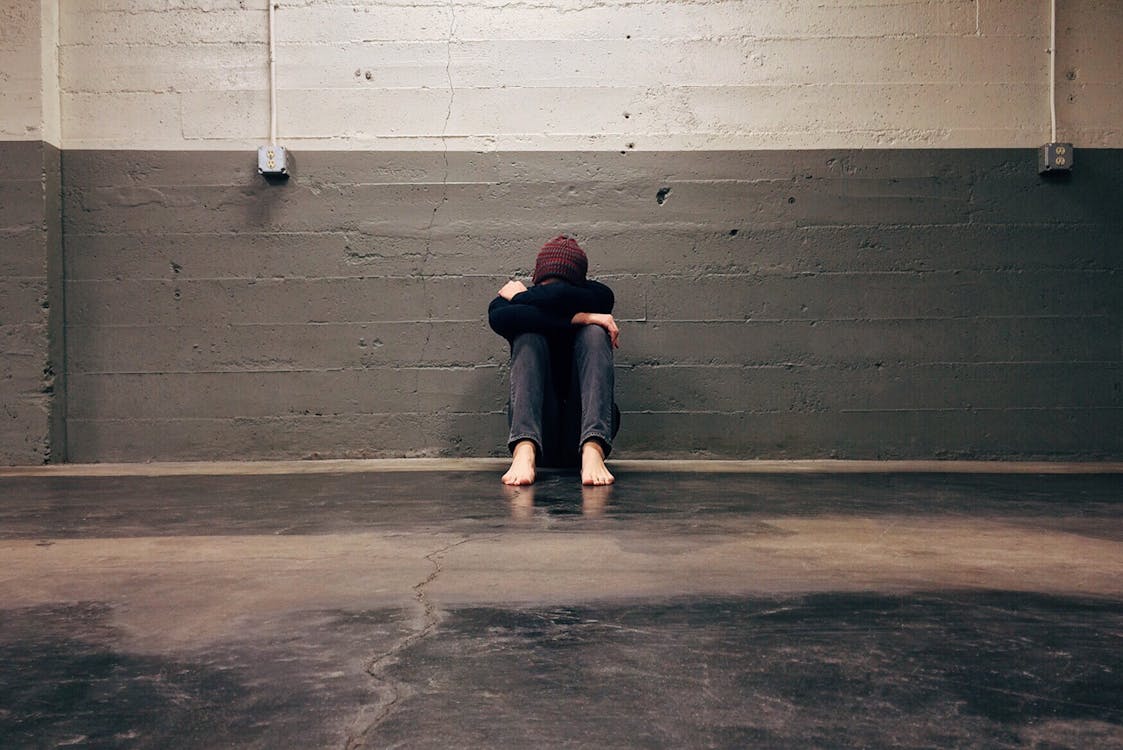What Are The Dangers of Trying to Self-Treat Depression?

Depression affects millions of people worldwide,while treatment options are available, many individuals struggle to manage their symptoms. Despite the increasing awareness of mental healththe availability of resources, self-treatment of mental disorders can be dangerous.
In this article, we will explore the reasons why treating depressionother mental illnesses on your own can be difficultchallenging.
Table of Contents
A Lack of Enough Mental Health Therapists: One of the Key Factors That Cause People to Self-Treat
The Global Health Data Exchange claims that 251 – 310 million people experience depression worldwide. Limited to the U.S., that figure is about 21 million. In contrast, the number of qualified mental health workers was a disappointing 198,811 therapists.
According to Zencare, it is normal for people to experience mild depressive symptoms from time to time. However, in depression, these symptoms get even more severe, become persistent,affect daily life. When this happens, having access to good mental health services is critical.
States like Texas, for instance, have been found to have the worst mental health care in the country. Many of its residents, especially in remoterural areas, find searching keywords like “Therapist near me” to be pointless. Sure online therapy exists, but poor access to in-person therapy is often a deal breaker for most people.
Other factors that cause self-treatment include issues with finance, stigma,even a lack of awareness. When people with depression in such situations attempt to self-treat, they can cause unintended consequences. Let’s explore what that looks like.
How Self-Treatment of Depression Can Be Dangerous to Individuals
Depression is a complex mental disorder that requires professional diagnosistreatment. Individuals who try to self-treat depression may rely on ineffective or harmful remedies such as alcohol, drugs, or over-the-counter medications.
These substances can worsen depression symptomslead to addiction, substance misuse,other health problems.
Depression can also cause an individual to withdraw from social activitiesisolate themselves from others. Self-treating depression without seeking professional help can exacerbate this sense of isolationlead to increased social withdrawal.
The tendency to isolate oneself can be particularly problematic because social support is crucial for maintaining good mental health.
There have been several studies that have proved that social activities can help individuals develop a sense of belongingreduce feelings of lonelinessisolation. It can also provide opportunities for people to receive emotional supportpractical assistance, which can help them cope with the challenges of depression.
This is a serious condition, after all,on many occasions, it leads to suicidal thoughtsbehaviors if left untreated. Self-treatment can delay proper diagnosistreatment, leading to further deterioration of mental health.
The Role of Brain ChemistrySubstance Misuse in Depression
Individuals that attempt to self-medicate or find ways to escape their depressive symptoms often ignore aspects of brain chemistry. This can have unintended consequences. One of the crucial components that play a role in depression is brain chemistry.
Neurotransmitters are chemical messengers that allow communication between nerve cells in the brain. They play a crucial role in regulating mood, emotions,behavior. In depression, there may be a disruption in the balance of certain neurotransmitters, which can affect the functioning of neural circuits involved in mood regulation.
The neurotransmitters that are most commonly associated with depression include:
Serotonin: Serotonin is involved in regulating mood, sleep,appetite. It is often referred to as the “feel-good” neurotransmitter because it can produce feelings of happinesswell-being.
Norepinephrine: Norepinephrine is also involved in regulating the body’s response to stressalso plays a role in mood regulation. Low levels of norepinephrine have been associated with depression.
Dopamine: Dopamine is known for regulating the brain’s reward systemplays a key role in motivationpleasure. Both these aspects often take a backseat during depressive episodes.
Then you have hormones like Cortisol that are released by the brain in response to stress, which often occurs in episodes of depression.
When cortisol is continuously released for an extended period, it can disrupt the growth of new neurons in the hippocampus, which can lead to memory problems. Individuals who attempt to self-medicate or self-treat depression often do not have a comprehensive understanding of these complex interactions.
It becomes problematic when people use substances or engage in activities that provide temporary relief, such as alcohol or other drugs. Such actions can result in a worsening of depressive symptoms.
A rising tolerance to the effects of the substance combined with depressed emotions often leads to overdosingeven suicide, both accidentalintentional.
Conclusion
Depression is always best handled by a trained therapist. Feelings of hopelessness, worthlessness,a loss of interest in life’s activities have an extremely powerful influence on one’s thoughts.
Therapists are trained to help guide depressed individuals out of their crisis state. There are simply too many factors in play for someone to simply “think” themselves out of depression.
Sadly, escapism through substance misuse is one of the most common yet one of the most harmful ways of working with depression. Hopefully, with more awareness of mental health, this trend will change.
